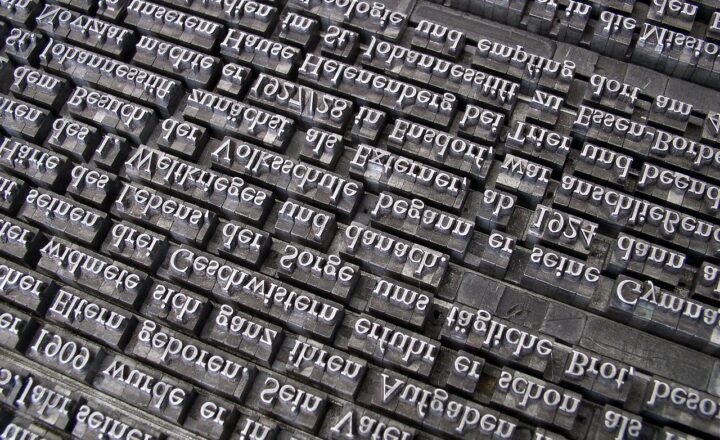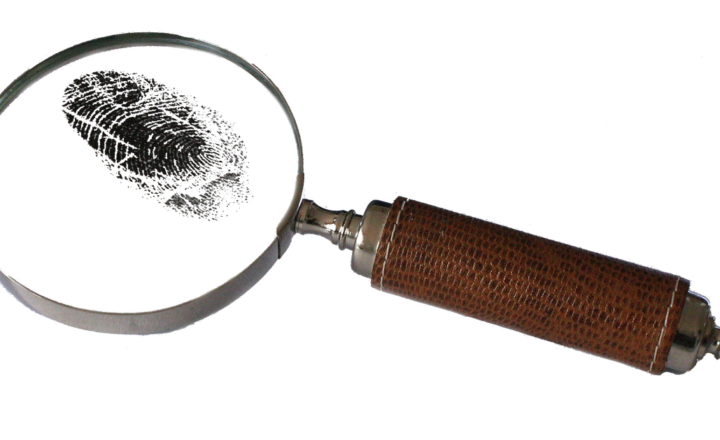The Role of Detectives in Uncovering Corporate Fraud and White-Collar Crime
November 15, 2024

Corporate fraud and white-collar crime present significant challenges to businesses and economies alike. These crimes can range from embezzlement and insider trading to money laundering and financial statement fraud. Detectives, particularly those specializing in corporate investigations, play a vital role in identifying, investigating, and preventing fraudulent activities within organizations. In this article, we will explore the nuanced responsibilities of detectives in corporate fraud cases, the tools they use, and the impact of their work on businesses and society.
Understanding Corporate Fraud and White-Collar Crime
Corporate fraud refers to any unethical, illegal, or deceitful actions committed by individuals or groups within a corporate environment that result in financial losses to the organization or its stakeholders. White-collar crime, a term popularized by sociologist Edwin Sutherland, encompasses a broader range of non-violent crimes that are committed for financial gain in a business context.
**Common Types of Corporate Fraud:**
– **Embezzlement:** Employees diverting funds for personal use.
– **Insider Trading:** Illegally trading securities based on confidential information.
– **Financial Statement Fraud:** Misrepresenting a company’s financial status to deceive stakeholders.
– **Money Laundering:** Concealing the origins of illegally obtained funds to make them appear legitimate.
The prevalence of such crimes underscores the importance of having trained professionals, like detectives, who specialize in investigations related to corporate wrongdoing.
Who Are Corporate Detectives?
Corporate detectives are specialized investigators who focus on uncovering fraudulent activities within businesses. They often possess a mix of skills, including:
– **Criminal and Civil Law Knowledge:** Understanding legal frameworks around fraud and crime.
– **Forensic Accounting Skills:** Analyzing financial documents to detect discrepancies and signs of fraud.
– **Strong Analytical Skills:** Assessing data and evidence critically to identify patterns of fraudulent behavior.
– **Interpersonal Skills:** Conducting interviews and working with various stakeholders.
Detectives can work for private firms, law enforcement agencies, or as independent consultants. Their work is often conducted under high confidentiality due to the sensitive nature of investigations.
The Investigation Process: Uncovering Fraud
Detectives employ a systematic approach when investigating corporate fraud. The process generally involves several key stages:
1. **Initial Assessment:** Detectives begin by gathering information about the allegations of fraud, which may come from whistleblowers, internal audits, or financial irregularities that have been flagged.
2. **Planning the Investigation:** This phase involves developing a strategy, determining what data and resources are needed, and identifying key personnel to interview.
3. **Data Collection:** Detectives analyze financial records, emails, and other relevant documents. They may also use specialized software for forensic accounting to trace transactions and identify anomalies.
4. **Interviews and Interrogations:** Speaking with employees, management, and other stakeholders is crucial for obtaining insights into company culture, potential motives, and signs of wrongdoing.
5. **Analysis of Findings:** Once all evidence is collected, detectives analyze it to identify fraudulent activities and understand the extent of the crime.
6. **Reporting:** Finally, detectives compile a detailed report outlining their findings, which may be used in legal proceedings or for internal corrective actions.
Tools and Techniques Used by Detectives
To effectively uncover fraud, detectives utilize various tools and techniques, including:
– **Forensic Accounting Software:** Programs that help detect anomalies in financial transactions and enable in-depth analysis.
– **Data Mining Tools:** Automated systems that analyze large datasets to find suspicious patterns.
– **Surveillance:** Both physical and electronic surveillance can be employed to gather evidence of fraudulent behavior.
– **Background Checks:** Checking the professional histories of employees involved to uncover any past fraudulent activities.
The integration of technology into investigations not only speeds up the process but also increases accuracy in identifying fraud.
Challenges Faced by Detectives
Despite their expertise, detectives face several challenges when investigating corporate fraud:
– **Complex Corporate Structures:** Large organizations often have intricate hierarchies and multiple departments, making it difficult to trace the origins of fraud.
– **Resistance from Within:** Employees may be reluctant to cooperate due to fear of retaliation or company loyalty.
– **Access to Information:** Detectives may need legal approval to access certain documents or systems, which can delay investigations.
– **Evolving Technology:** As companies adopt new technologies, so do fraudulent practices, requiring detectives to stay updated on the latest methods used in white-collar crime.
The Impact of Corporate Detectives on Businesses
The role of detectives in corporate fraud investigations extends beyond merely uncovering criminal activities. Their work has a profound impact on businesses:
1. **Deterrence Effect:** The presence of corporate detectives can act as a deterrent against potential fraudsters, as employees know their actions are being monitored.
2. **Restoration of Trust:** Successfully investigating and addressing fraud can restore trust among stakeholders, customers, and employees, positively influencing a company’s reputation.
3. **Financial Recovery:** Detectives can help recover lost funds or assets through meticulous investigations and evidence gathering, aiding businesses to recuperate from financial losses.
4. **Policy Improvements:** Findings from investigations often lead to improved internal controls and policies, reducing the risk of future occurrences.
The proactive engagement of detectives can subsequently foster a culture of transparency and integrity within organizations.
Conclusion
Detectives play a crucial role in the fight against corporate fraud and white-collar crime. By utilizing a combination of investigative skills, advanced tools, and keen analytical abilities, they are able to uncover complex schemes that threaten the ethical backbone of organizations. As fraud tactics evolve, the need for adept detectives will continue to grow, ensuring that businesses can operate ethically and with confidence in their integrity. A strong fraud prevention strategy, inclusive of regular audits and thorough investigations, will ultimately safeguard businesses against the devastating impacts of corporate fraud.
In the ever-evolving landscape of corporate governance, the contributions of corporate detectives not only protect organizations from immediate threats but also bolster the overarching framework of ethical business practices that are essential for sustainable economic health.








